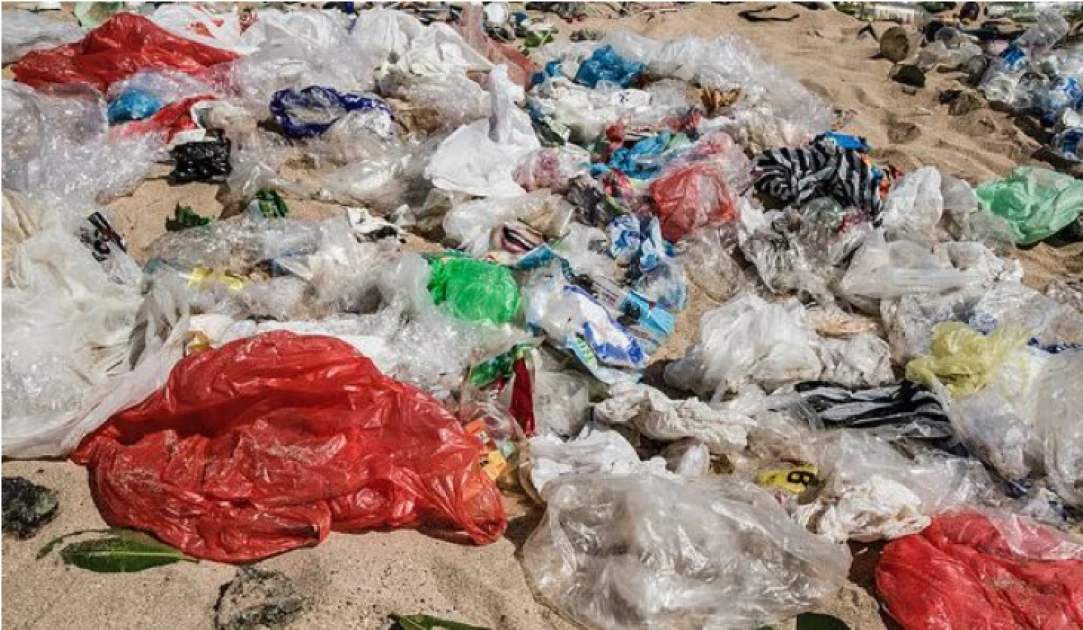Plastic bags; a modern poison to human life

The over-dependence of plastic bags in our everyday lives is
now posing a serious threat to human health and the environment.
Research shows that
approximately 5 trillion plastic bags are used annually around the globe, and
half of these plastics cannot be re-used; something that poses a danger to
living organisms.
The United Nations says the
production of plastic bags started being an issue to the environment in 1990
when their production was up-scaled which in turn led to the amount of plastic garbage being disposed of in the environment annually.
"We don't have enough information about the effects of plastic on human health, but we know that in different parts of the world, we have seen the effects of plastic in the food people eat,” Rolph Payet, United Nations Executive Secretary for the Basel, Rotterdam and Stockholm Convention.
Humans have continuously been exposed to the side effects of plastics as these materials are commonly used in several homesteads. For instance, the plastic utensils in our kitchens expose humans to dangerous toxins more so when they are exposed to heat. Sadly, most people are unaware of the dangers plastics expose them to and their environment.
“I just heard that using
plastic utensils is bad for my health and environment, but I have never seen
any evidence of anyone who has been affected by using plastics,” Ali Mwalimu, a
resident of Mombasa, said.
Yusra Mohammed, a mother of
two, however, has embraced the use of porcelain dishes in her house she still
serves her children meals with plastic dishes because the little ones are prone
to breaking porcelain dishes.
“If it is proven to me that
these plastics are harmful and can cause cancer, I will quit using them,” said
Yusra.
People are also harmed by
chemicals emitted from plastics used to store food. Plastics have tiny
microplastics known as Polystyrene, Plasticizers and Polyethylene that can
enter the human body through food.
Dr Jonathan Kyalo, a
general doctor, says that most people are exposed to these toxins because most
plastics are sub-standard.
To support Dr Kyalo’s
narrative, research by the United Nations also notes that every human in the
world has plastic particles in their body.
“When the plastics
degrade in the ocean, they affect the sea ecosystem. Fish swallow the
microplastics in the ocean that will later get into the human body when they
consume the fish with micros plastics,” Dr Kyalo explains.
These microplastics can cause various health problems including; cancer, asthma, lung diseases, deafness, vision problems, liver problems, problems finding fertile seeds, and infertility.
Want to send us a story? SMS to 25170 or WhatsApp 0743570000 or Submit on Citizen Digital or email wananchi@royalmedia.co.ke
Comments
No comments yet.


Leave a Comment